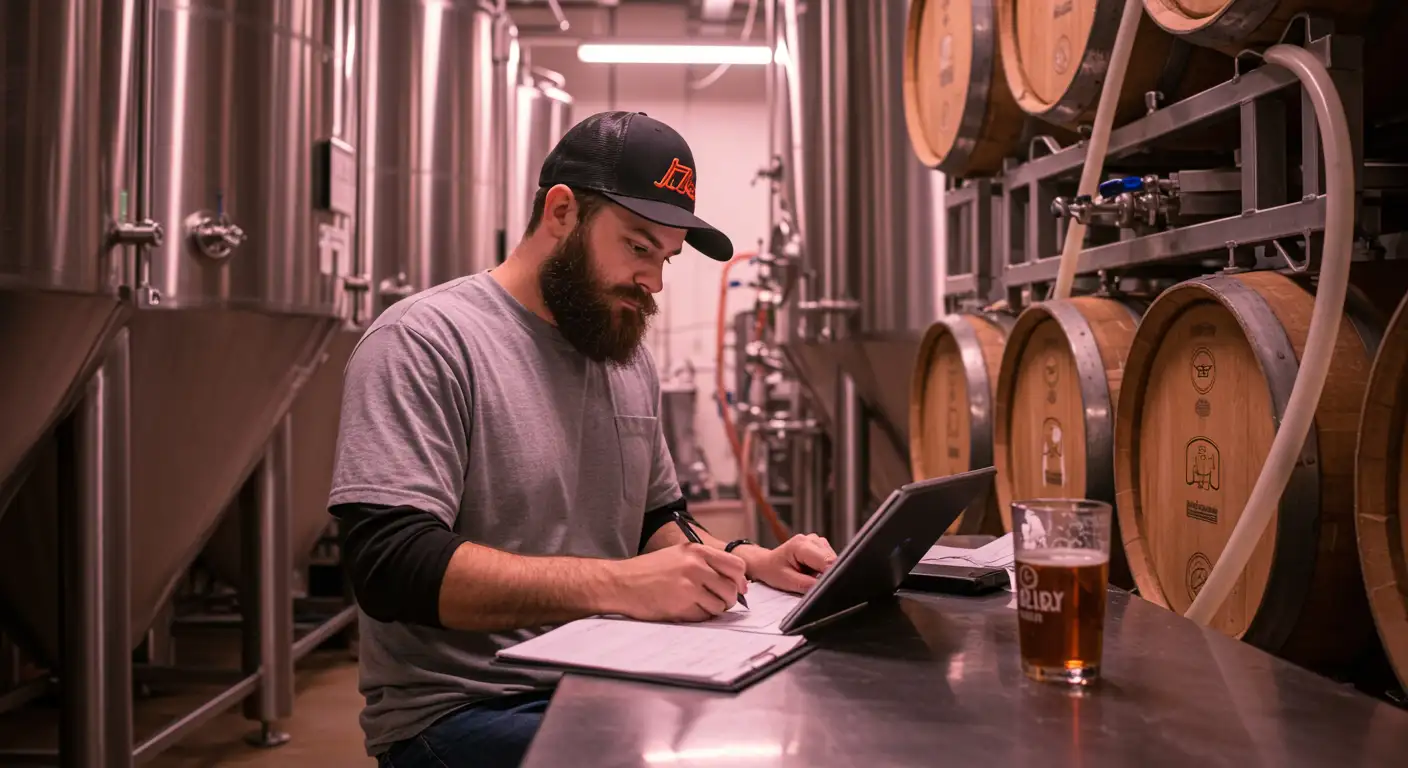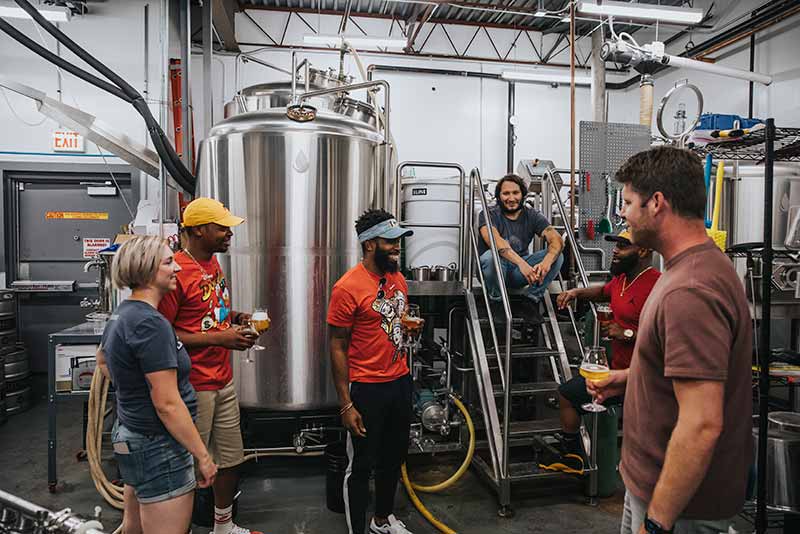
I can remember the first time I learned about an SOP. I was at my first real management job for a University Dining Program, at an All Hands Meeting and our new Director of Operations had started that week. He gave his introduction and talked about his background, how he was going to improve everything, and be helpful to us – the usual spiel you’d expect when a new manager arrives. Shortly after his introduction and origin story he asked us, “How many of you have SOPs at your locations?”. Now, given this was a very large university dining services program with over 40 locations including multiple dining halls, internal, and external retail brands. A few hands shot up in the air, and his next question was, “How many of you know what an SOP is?”. The director went on to explain what a Standard Operating Procedure (SOP) is and why it’s important. In my efforts to grow as a manager I remember going back to my office that day and outlining and refining some of my location SOPs.
In this piece we’re going to cover exactly what an SOP is, when and where you would an SOP at your brewery, and why they are important to not just a brewery, but any business.
What We’ll Cover in This Piece:
Affordable, Industry-Leading Brewery Software
What is an SOP?

A quick google search will define an SOP as a “a set of instructions that outlines how to perform a task or process in a business.” At the end of the day an SOP is documented instructions that set a standard for a company and aligns the expectations of its leaders and its workers. Think of them as a road map, no different than a GPS giving you step by step directions to get from point A to point B. These don’t necessarily need to be a wall of text or bullet points, but could also include both written and visual cues to help lead employees through a process.
SOPs are intended to make tasks easier for employees and give them less stress. These procedures aren’t intended to be documented once and never updated again, but looked at as an evolving set of instructions and job aids that may include advice and tips from previous employees. These are meant to be used regularly.
When would I use an SOP at my brewery?
Somehow I’ve managed to go over 300 words without talking about a brewery or beer, so here’s a couple examples of where an SOP could make an immediate impact on your brewery and will cost you next to nothing to implement.
Serving Beer
There’s a brewery near me that I visited and ordered the same beer three times and received three different glasses, two different pour sizes, and three different beer experiences from two different bartenders. I can’t tell you how common this is. Fortunately, the beer was delicious and I had a good experience, but how many customers are stepping into your tasting room and not having your product delivered appropriately and consistently. To the same degree, from a quality perspective, are you experiencing more loss from your products due to inconsistent pours?
Brewery Procedures
I know way too many breweries that will fight to the death over dry hopping procedure, but I always wondered how many of them have this documented. Back when I owned my brewery our dry hopping procedures changed over the course of 7 years and even changed on a style by style basis. The way I dry hop a West Coast IPA is markedly different from the way I’m going to dry hop my New Zealand-Style Pilsner which as you may guess is different from my Hazy IPA.
I remember seeing a video on reddit of multiple pallets of cans stacked on top of each other avalanching to the production floor. I wonder if that brewery had an SOP for proper can stacking and storage and if it was being followed. Fortunately, none of the employees were hurt, but I would bet it took a pretty long time to clean that up and sort through and report the damaged cans.
Everything to ingredient and material storage, from brewing and packaging processes, to chemical handling should definitely be documented.
Why are SOPs important to a brewery?

- They help employees minimize mistakes. Mistakes cost money and time, so the less mistakes made, the better.
- Operational Consistency. You’ll have a cache of knowledge where any employee, new or old can look up information confidently knowing the SOP is their source of truth.
- Provides “Do It Yourself” Opportunities for employees. Your employees will rely on each other and leadership less for when they get stuck. These SOPs can be on a Google Drive, Dropbox, Shared Drive/Cloud so they can be accessed by anyone and edits can be suggested freely. Self Service employees will be able to find their own answers.
- Avoid Losing Critical Information. If everything is “written down” or stored somewhere you essentially have an operational insurance policy for your brewery. Maybe your brewer suddenly quits and you need to hire a new one or promote your assistant brewer. You have the SOP to fall back on to aid during this transition.
Free brewery SOP templates
Consistency and quality are the hallmarks of a successful brewery, and Standard Operating Procedures (SOPs) play a key role in achieving both. We’ve developed put together threecore SOPs templates that you can download, edit, and repurpose for your brewery:
These resources are designed to help your team maintain efficiency, uphold sanitation standards, and ensure every batch of beer meets your brewery’s expectations.
Wrap up
Having SOPs available to your employees is a huge benefit they will appreciate. Minimizing confusion is always helpful and at the end of the day they will lead towards more consistent, quality, and safer operations. It can be difficult to “quantify” how much money you will save like you would using an ERP like Ollie, but if your employees are recording their brewing data as part of their SOPs of brewing, you’ll certainly have an easier time investigating your own business’s data.
If you’re turning over less employees, that’s less time and money you’re spending on onboarding and training. If your losses are lower, that’s more beer that’s delivering revenue. When you’re scheduling brews in advance and not overspending on freight, it’s easier to see more consistency in your keg costs. It’s a lot easier to see inconsistencies in your business when there are fewer inconsistencies to track.



